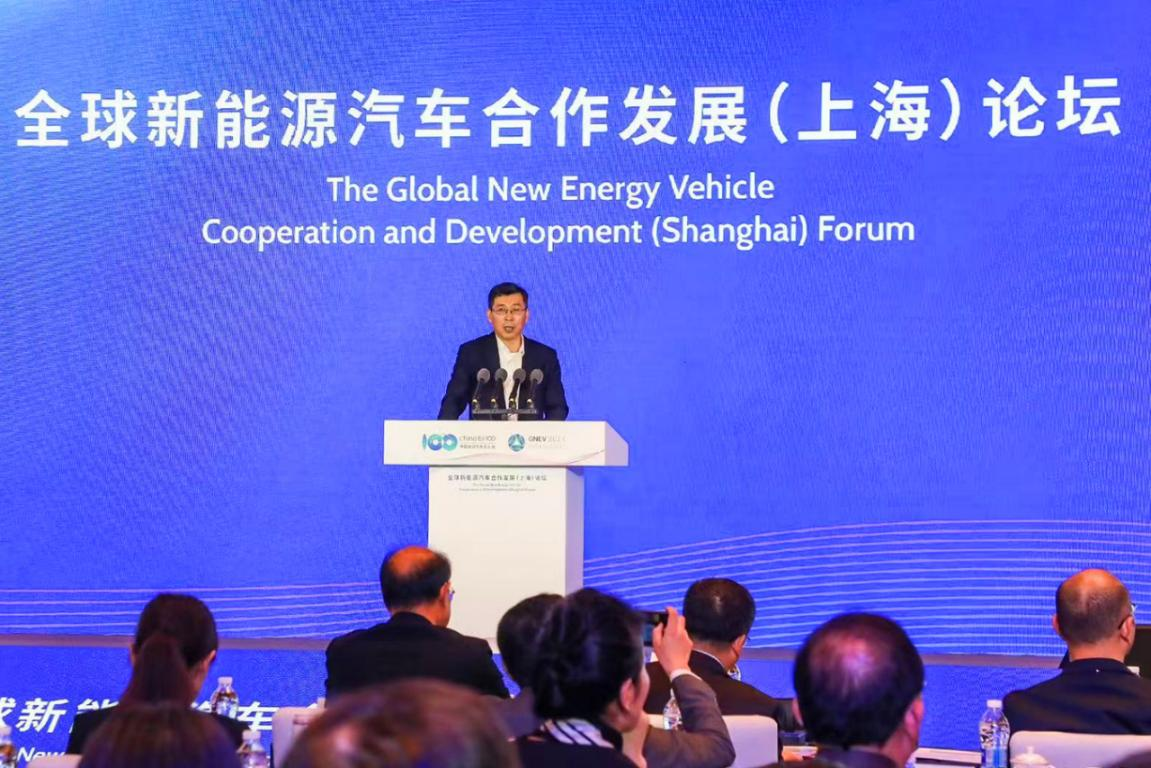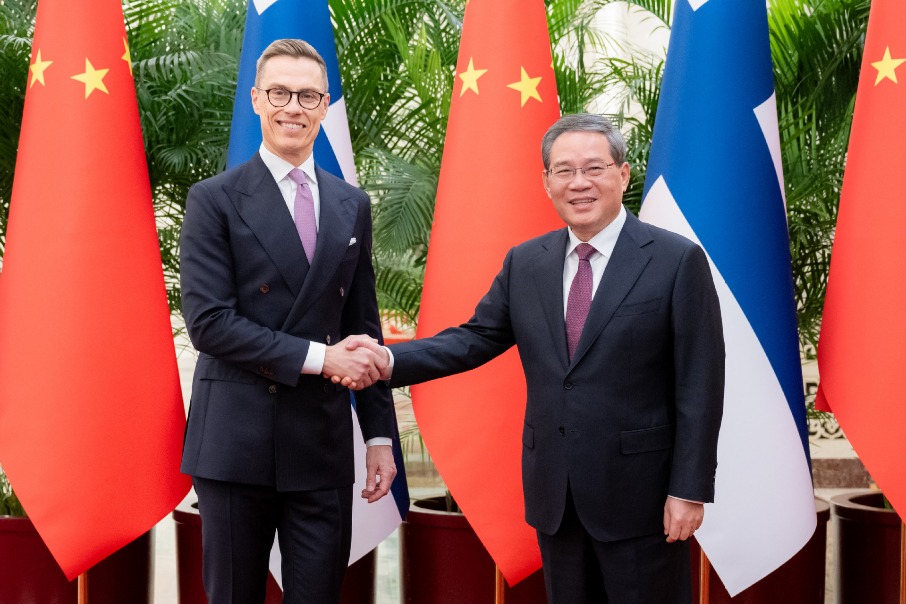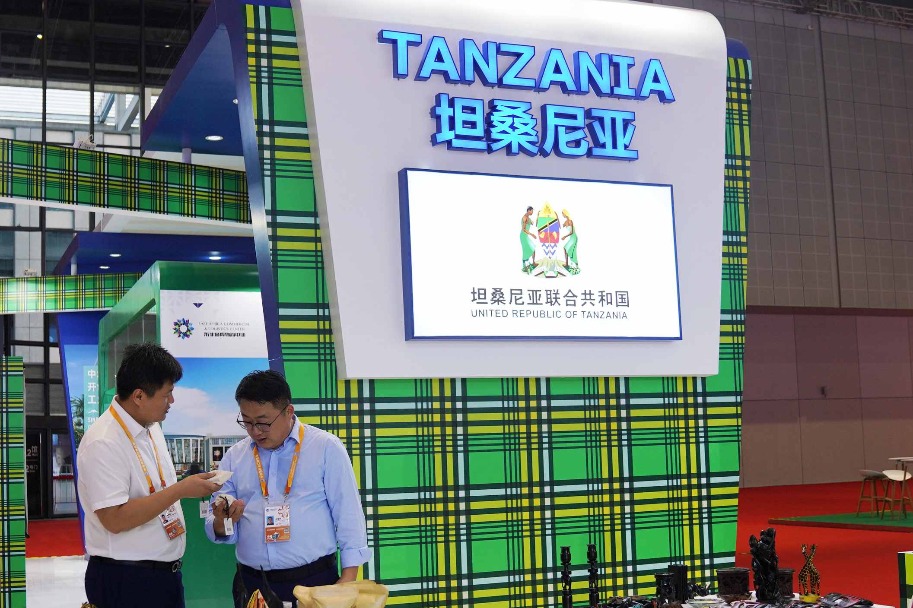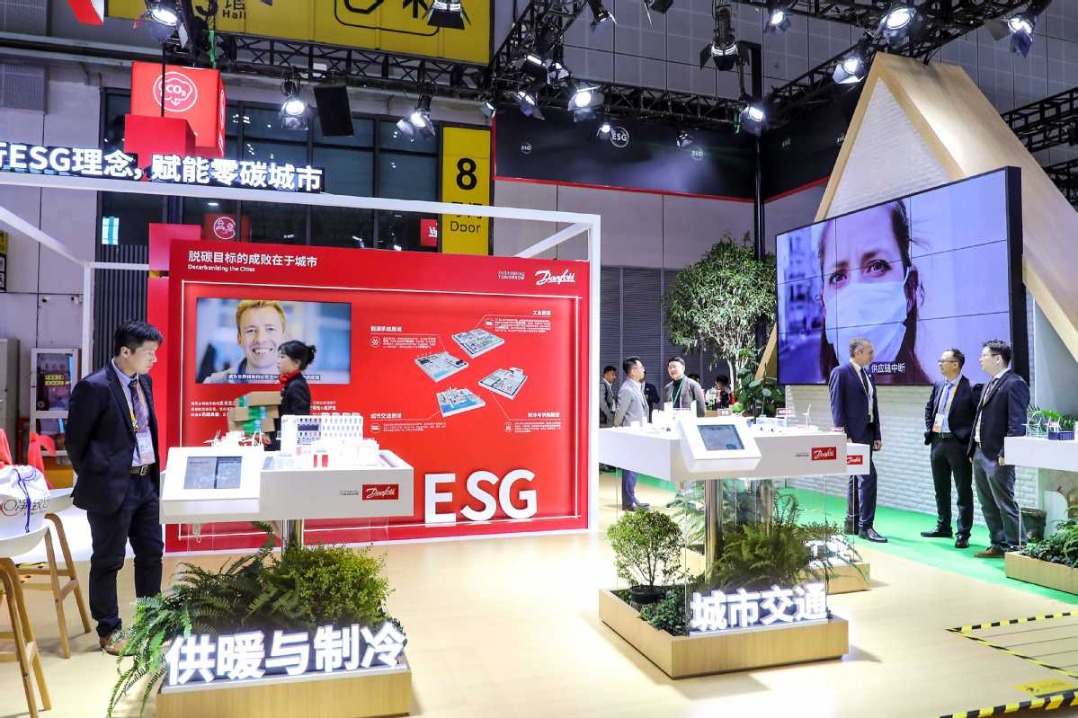Potential vast for global EV cooperation, say experts


Experts have expressed optimism regarding the potential for growth and collaboration in the EV sector, reflecting a significant advancement in the global transition toward greener transportation solutions.
Zhang Yongwei, vice-president and secretary-general of the China EV 100, a think tank, identified China and emerging markets as frontrunners in EV growth, noting that China's passenger car market has surpassed a 50 percent electrification rate.
Zhang made the remarks in a speech at the Global NEV Cooperation and Development (Shanghai) Forum on Friday.
He stressed that as global markets increasingly view electrification as essential, Chinese manufacturers are presented with substantial opportunities for international expansion.
While recognizing that Europe and the US were pioneers in EV adoption, Zhang pointed to recent economic hurdles—including reduced subsidies and limited affordable options—that have hindered their growth.
In contrast, he highlighted strong governmental backing for electrification in ASEAN and Latin American countries, which could serve as advantageous markets for Chinese automakers.
Zhang also remarked on the growing polarization in the EV sector, with traditional automakers facing narrowing profit margins, while companies like Tesla and BYD begin to realize profitability.
He also observed a shift in consumer preferences in China towards smart technology and personalized features in vehicles.
Chen Jingyue, executive vice-president and Secretary-General of the China-Europe Economic and Technological Cooperation Association, focused on the burgeoning opportunities within the European market, which has become the second-largest globally for EVs, showing a 25 percent penetration rate.
She specifically pointed to EU candidate nations in the Balkans as attractive investment prospects, offering easier access to EU markets compared to established member states.
Chen emphasized the EU's ambitious environmental agenda, including the "Fit for 55" initiative, which seeks to eliminate fossil fuel vehicles by 2035. She highlighted this framework as a critical driver of growth for the EV sector.
Despite facing challenges such as trade barriers and scrutiny of Chinese imports, Chen urged Chinese automakers to capitalize on EU regulations to bolster their market presence. She proposed that establishing production facilities in the EU could enhance integration and reduce obstacles.
Besides, both Zhang and Chen underscored the necessity of global collaboration to tackle supply chain issues and develop standardized testing and certification processes for EVs.
They called for increased dialogue and partnerships among stakeholders, advocating for cooperative strategies to combat climate change and advance sustainable mobility.




































